
Outrage + Optimism: The Climate Podcast
Author: Persephonica and Global Optimism
Subscribed: 30,217Played: 352,796Description
Outrage + Optimism: The Climate Podcast is for anyone who is not ready to give up on making the world a better place. For unrivalled conversations with decision makers, visionary thinkers and a community of like-minded climate optimists, join former UN climate chief Christiana Figueres, political strategist Tom Rivett-Carnac and sustainable business consultant Paul Dickinson. Each week they make sense of all the top climate news stories, go behind the scenes at crucial talks and ensure you stay informed and inspired ahead of what is set to be the consequential year for climate action.
As we approach the middle of the decisive decade for world emissions, and the 10 year anniversary of the Paris climate agreement, subscribe to Outrage + Optimism: The Climate Podcast
And join us for our special Inside COP series with co-host Fiona McRaith where we bring you behind the scenes of COP30 in Belém!
And to see video content from the show, follow us on LinkedIn, and Instagram.
Got a question? Send us a voice message.
This is a Persephonica production for Global Optimism and is part of the Acast Creator Network.
Hosted on Acast. See acast.com/privacy for more information.



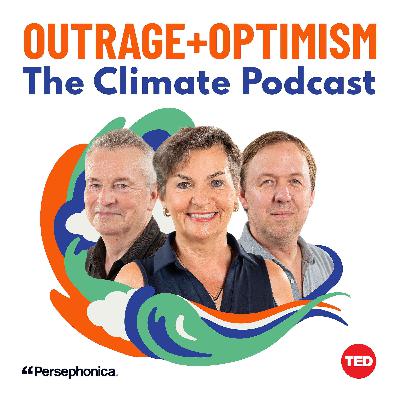
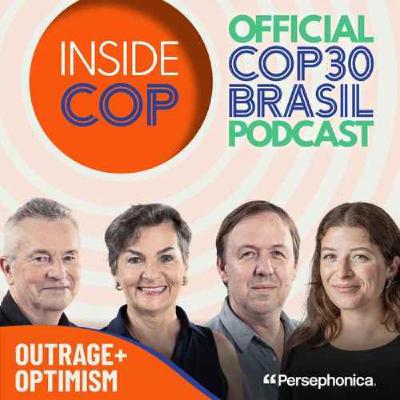
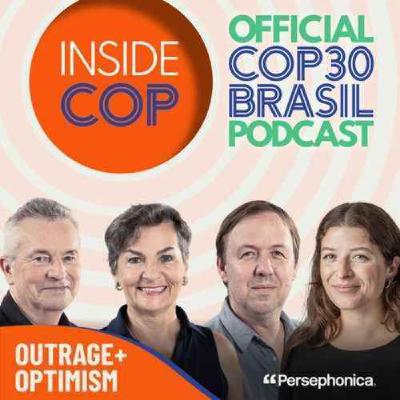
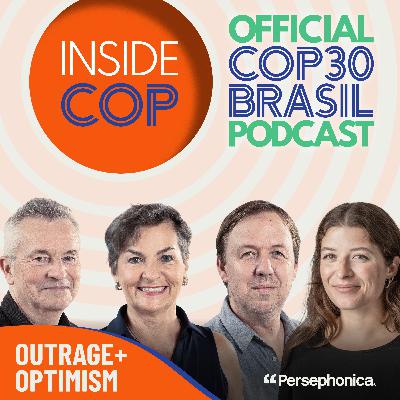
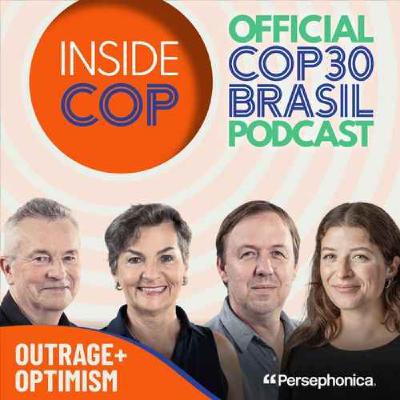




100% agree with Paul. Ethan has a great voice 😅
This podcast, led by Christiana Figueres and the Paris Agreement team, tackles the climate crisis head-on and empowers us with the belief that we can overcome it. 🌍💪
I feel the need to point out that I know people who have said that they would support the slave trade if it were still happening.
The IRA has major protectionism at its heart which has been a main reason why the EU and the rest of the world is concerned.
Great show. wonderful blend of science, spirituality, art and related geo-political news. would it be possible to have guests on the show from opposing views for some deeper discussion / debate ? such as Prof. Jordan Peterson, Dr. Steven Koonin etc?
I think "Paul's Picks" would be go... oh yeah, I am a year and a half behind, nevermind.
7:10 I'm sorry Paul, but there are no good people who voted for him.
There are still a ton of cigarettes, so that doesn't make any sense mr Dickinson.
I think it's kind of funny that two people from countries where Spanish is their primary language are talking about a global issue in English. Not a criticism, just funny.
Sad to hear them cheerleading for Amazon, one of the most evil global entities
This episode was AWESOME!
Thank you! I just listened to the episode with Yuval Noah Harari. The optimism and clarity it brings is wonderful.
Just brilliant. A great way to keep up to date with thought, policy and science on this issue that will define our lifetimes and beyond.
Great episode. wonderful to hear a coherent politician.
A brilliant new podcast that very acutely, and cleverly, balances our right to be outraged with our need to be optimistic and act. Thank you for creating this, for getting such inspirational guests, and for providing such riveting food for thought.
Thank you for your optimism and outrage. You provide insight and inspiration to my thinking and work.